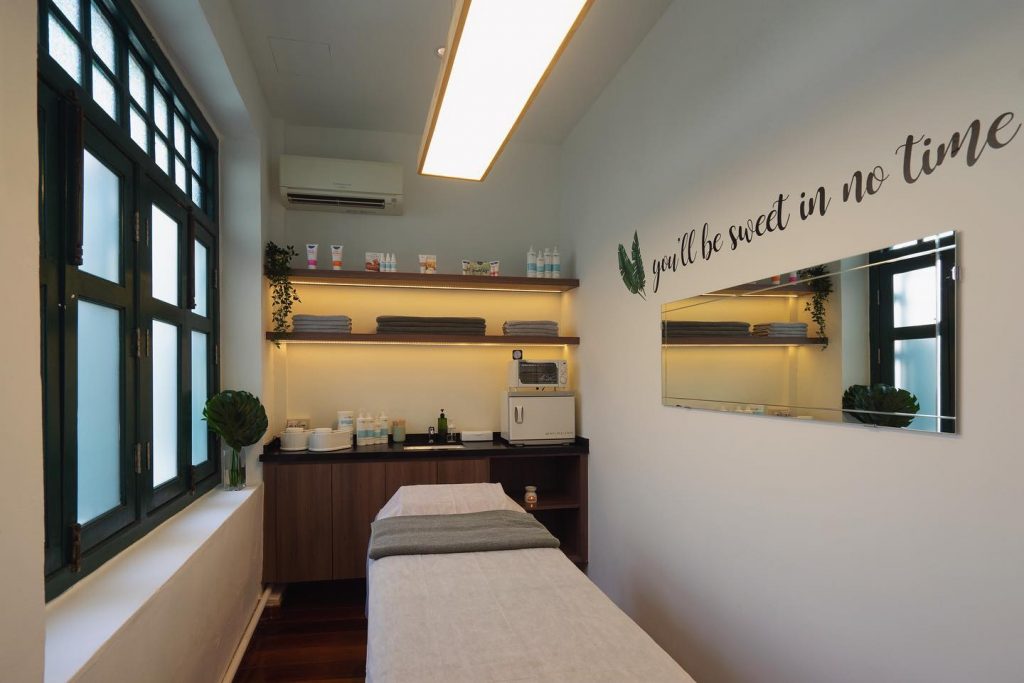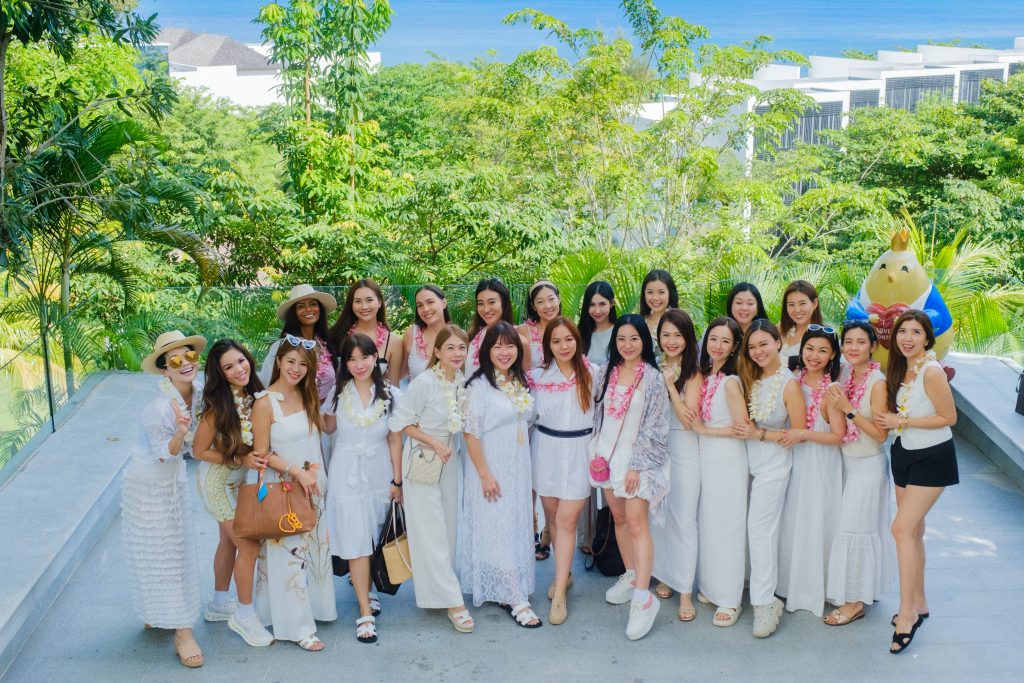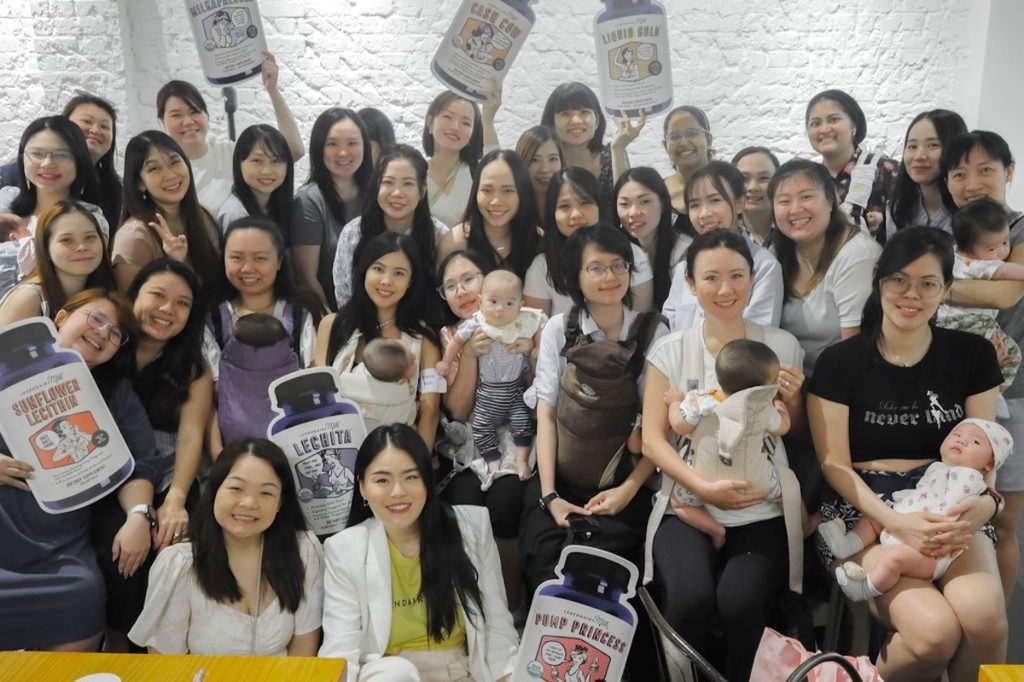Trauma is a commonly overlooked aspect of one’s mental wellbeing and is more prevalent than we think. It comes in many forms (be it physical or emotional) and can be inflicted and manifested in a variety of ways that even the sufferer may not be aware of. This is precisely why seven local agencies that focus on community-based mental health services for children and youth – Acceset, Boys’ Town, Campus PSY, Caregivers Alliance Limited, Limitless, Singapore Association for Mental Health, and Singapore Children’s Society – have come together to launch Safe Circle. With a shared vision of creating a safe, nurturing and trauma-informed community, Safe Circle provides training via complimentary talks and workshops for those who want to give a helping hand, empowering them to be more trauma informed, to better support trauma survivors.
What is trauma?
Trauma occurs when an individual is physically or emotionally affected, to the point of being life-threatening, as a result of an event, a series of events, or set of circumstances.
Trauma affects all ages and can impact your ability to function on a day-to-day basis, or even be aggravated and cause lasting adverse effects on one’s mental, physical, social, emotional, or spiritual well-being.
How can trauma be identified?
Trauma can take many forms and its effects may look different for everyone. It may be inflicted sue to physical violence, emotional abuse or neglect, witnessing a suicide attempt, witnessing someone getting injured or killed, and sexual harassment. For children, it can be caused by adverse childhood experiences such as incarceration of a parent, divorce, or
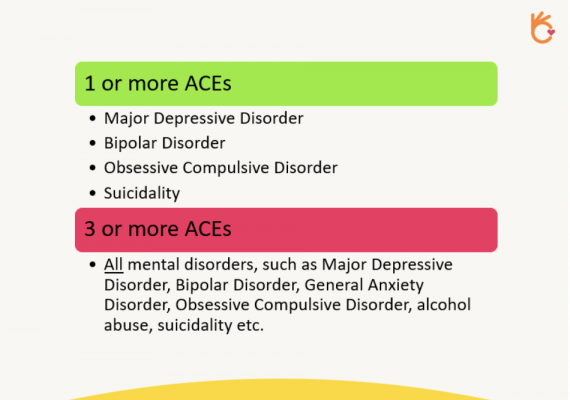
mental illness in the family. A person’s reaction to trauma can manifest in a variety of ways and vary from person to person – whether it’s lethargy, body aches, sweating profusely, flashbacks, night terrors, lashing out, depressive or suicidal thoughts, avoidant behaviour, withdrawal from social settings, these are caused by an overstimulation of senses during the traumatic event. Symptoms usually include one (or more) of the human body’s natural Fight, Flight or Freeze responses, and often cause survivors to feel a loss of control, with devastating long-term effects on the brain.
Almost 2 in 3, or 64% of people in Singapore have reported experiencing at least one traumatic event during the first 18 years of their lives according to the study of Adverse Childhood Experiences, as part of the 2016 Singapore Mental Health Study. We should bear in mind however, that while the number seems high, actual numbers are likely higher than those reported. Trauma incidents have increased significantly in the past decade, especially more so with the recent pandemic and lockdowns. Furthermore, with the ongoing COVID-19 pandemic, the immense stress it brings, and the increased period of time that people spend at home, a spike in domestic violence cases was reported within the first month of circuit breaker last year.
There has also been an increase in the number of child protection cases investigated over the years as reported in a study by the Ministry of Social and Family Development. Children who are When children are exposed to events or situations that may cause trauma, they experience Adverse Childhood Experience (ACE). It is difficult to identify ACEs without trauma-education as most events likely happen behind closed doors, or sometimes the harmful effects of trauma only manifest in adulthood. People who have had an ACE are more likely to develop mental illnesses and physical diseases in later adulthood.
What is Safe Circle and how can they help?
Safe Circle aims to increase awareness about trauma by empowering and equipping the community with the knowledge of trauma, so that we are able to integrate trauma-informed care into our work and life. A better-informed community will be able to reach out to those who suffered from trauma by offering them an avenue of help.
Safe Circle equips teachers, parents, social service professionals and young adults with knowledge and skills through workshops so that they are attuned to the needs of their students, children, clients, and peers. Additionally, they are able to provide support to those suffering from psychological distress. In these complimentary workshops, you will learn to identify trauma, understand how it may impact an individual, as well as how you can support a trauma survivor in your sphere of influence. Safe Circle also provides an ACEs quiz on the website to help the community better understand and identify ACEs and the effects it may have on the individuals.
There is also an option to organise and arrange for a talk where a speaker can be part of your event and sharing sessions for those looking to share more about trauma and trauma-informed care within their community.
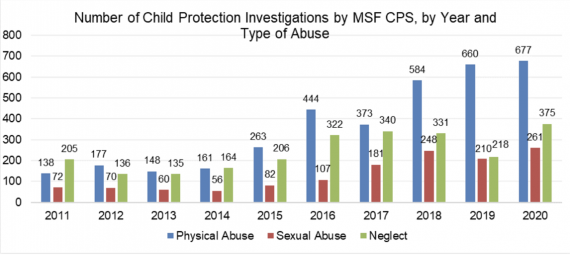
What topics are covered in the workshops?
All workshops are complimentary and will be conducted and qualified professionals who have a comprehensive range of expertise and experience to address mental health issues.
Topics covered by the workshops include:
· Introduction to Trauma-informed care: Identifying and understanding trauma, what it looks like, its prevalence, and how it impacts the trauma survivor.
· What Trauma Informed Care Entails: Why we should practice it, and the core principles behind being trauma informed.
· How peer, parents, educators, and professionals can integrate trauma informed care into their individual spheres of influence.
Visit www.safecircle.sg or @safecircle.sg on Instagram for more information and to sign up for these workshops.




